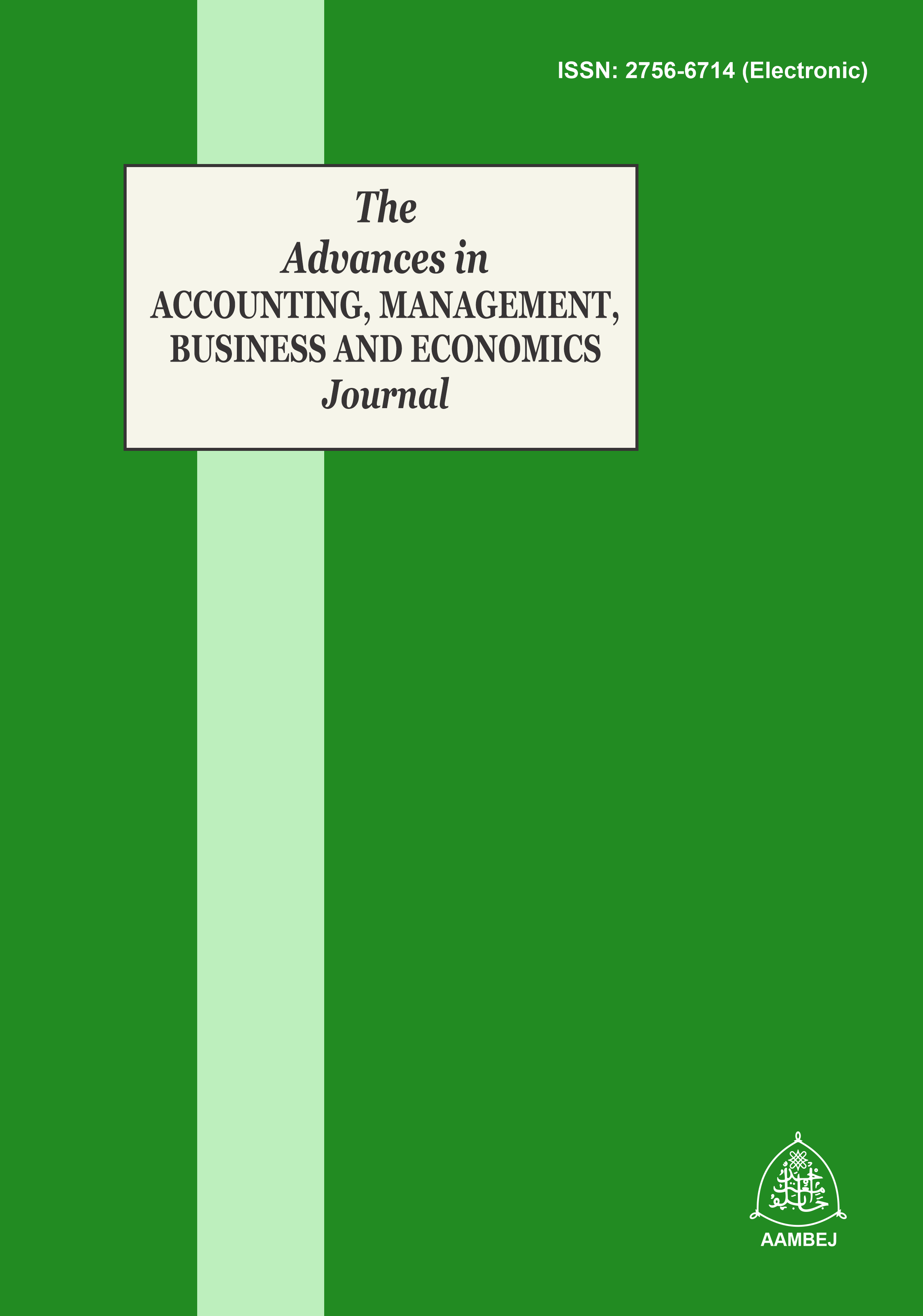A Case Study on the Effects of Ramadan on Stock Market Behaviour
Keywords:
Ramadan, stock market, stock returns, volatility, NigeriaAbstract
This study reviews the effects of Ramadan, which is recognised as a notable religious ritual in the world among Muslims, on stock market behaviour. Based on the review, there is evidence that the effects of Ramadan lead to significantly higher stock market returns but less volatility. However, these results have predominantly been documented in Muslim regions, like Asia and the Middle East, with little attention given to its effects on stock market behaviour in a country, like Nigeria. Moreover, Nigeria is a country where Muslims and Christians are almost equal in number. In addition, in Nigeria, strictly Islamic financial products in the capital market are non-existent, except for the recent listing of an Islamic bank. Therefore, if such a study is carried out, it may help scholars, religious leaders and policymakers to have a better overview of whether or not religiosity plays any role in stock market behaviour, sustainable growth and individuals’ financial portfolio determination in a less Muslim dominated country, like Nigeria.




